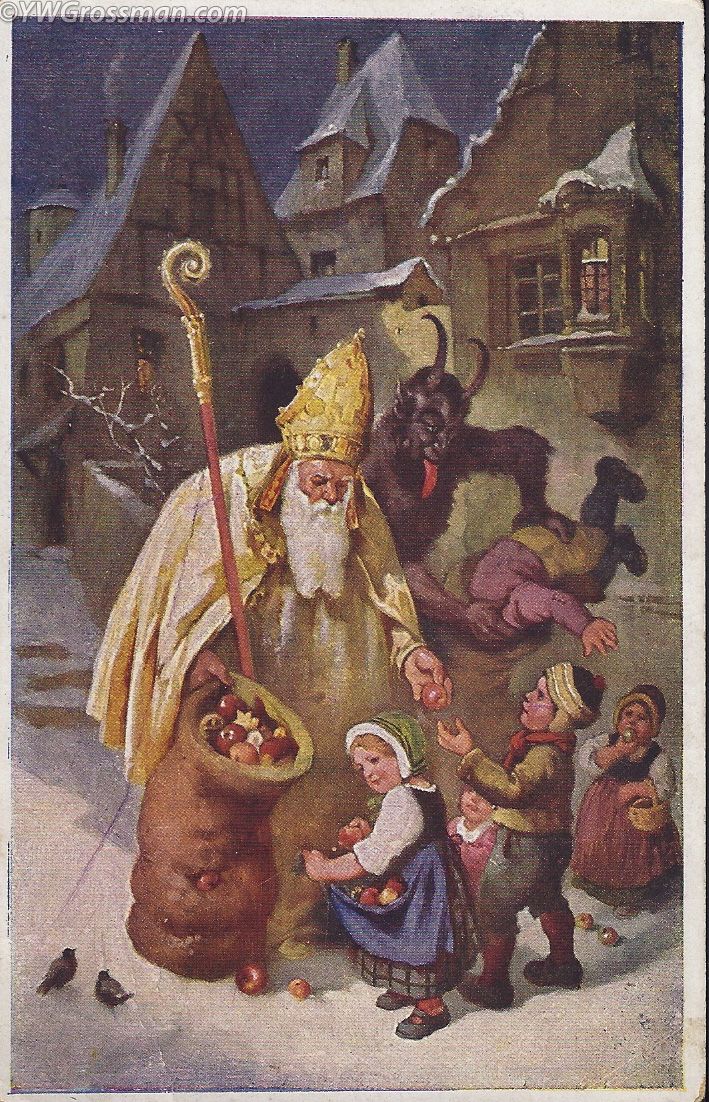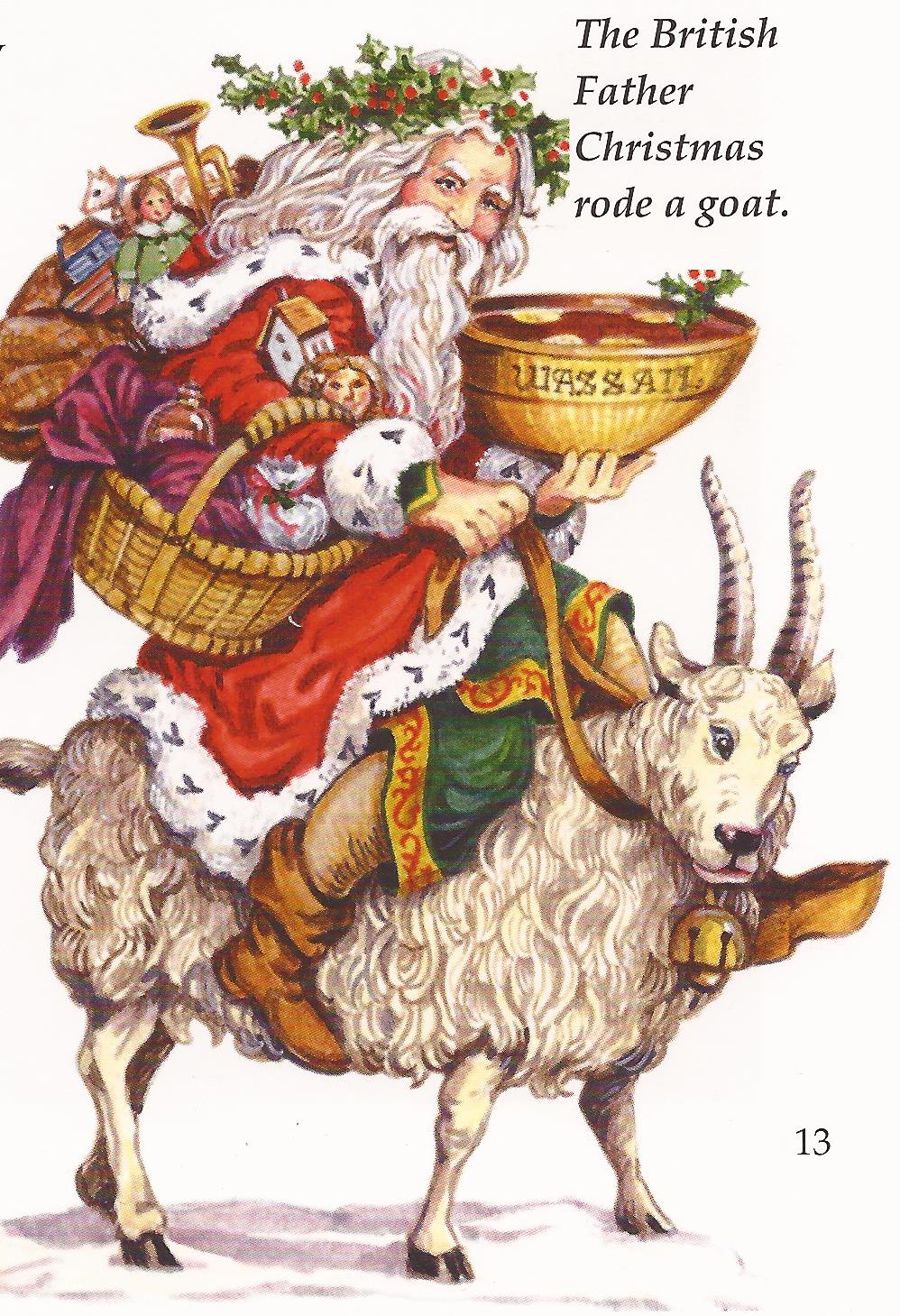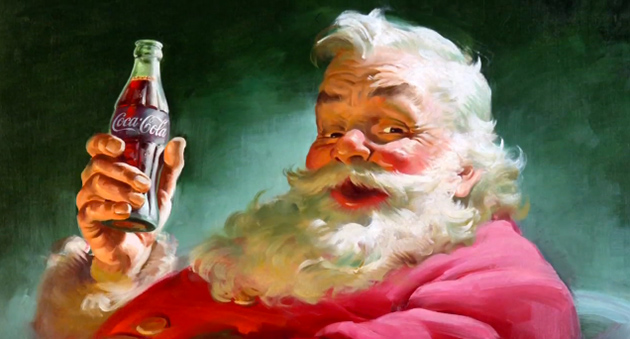Was Santa Claus from Asia?
In my last posting I promised to explain the Western tradition of Santa Claus. By now, most people in the world know he comes from the North Pole, and rides a sleigh pulled by reindeer (led by Rudolph, the one with the red shining nose). While many children (at least to school age) enjoy getting Christmas gifts from Santa, everyone else mostly understands that Santa Claus is simply part of Western folklore, right?
Well, not exactly!!
There is a history to the Santa Claus character, and (believe it or not) this story starts in Asia.

And so, the writers claim that Nicholas grew up “full of the spirit of love and sacrifice in the spirit of Jesus himself.” As a young man he was elected bishop (spiritual overseer) for the city of Myra and chose to live a life of generosity and compassion. But not to draw attention to himself, he chose to put on a disguise (a costume different from his normal clothes) and went about town both begging from the rich and giving gifts to children and the poor. By the time he died, he had given away all that he possessed.
Much later, his remains were moved to Italy where they continue to be the object of religious pilgrimage. (They are also the object of an international dispute, since Turkey wants his bones returned, after almost 1000 years!)
As is the tradition of some branches of Christianity, Bishop Nicholas was made a saint and he has been known over the centuries as St Nicholas. His life of devotion and good works has inspired both Christians and others to celebrate this man in ways that are truly extraordinary. It is reported, for instance, that there are more Christian churches in the world named after St Nicholas than any other saint or holy man in the Christian tradition. But, perhaps the most important part of this history has been how his practice of gift-giving has become such a central part of the celebration of Christmas.
Over the centuries in various parts of Europe, various versions of Father Christmas (called by such names as St Nick, or Kris Kringle, Belsnickle, or Sinterklaas) have played out the role of giving gifts to the poor and to children. The emergence of Santa Claus is just a variation on the pronunciation of Saint (Santa) Nicholas (Claus), or some say from the Dutch name, Sinterklaas.
The present representation of Santa Claus as a jolly old man with a big belly and even larger bag of toys with reindeer comes from the creative writing of the poet, Clement More, the storybook illustrator by the name of Thomas Nast, and (believe it or not) the advertising by Coca-Cola in America.
What is not to be forgotten is the fact that the spirit of giving, now so often represented by the more secular (non-religious) character of Santa Claus, is one of the core contributions of the Christian tradition to modern life. At another level, it is interesting to reflect on the world-wide impact of just one man who chose to live a life of devotion to God and compassion to his fellowman. Where, indeed, would Western civilization be without such people as St Nicholas?
Thank you, Asia, for giving us such a good man!!
For more information, follow these links:
Wikipedia on Saint Nicholas
Wikipedia on Santa Claus
View the famous poem written by Clement More:
Twas The Night Before Christmas (a YouTube reading)
For more of my writings and photos on Christmas, click on the keyword “Christmas” in the sidebar list.
First published: 2010/01/05
Latest revision: 2020/12/14



